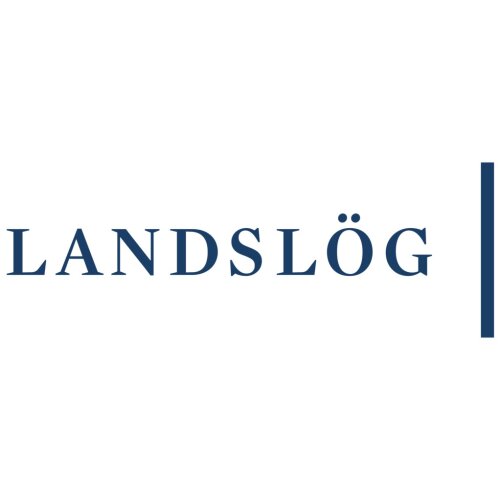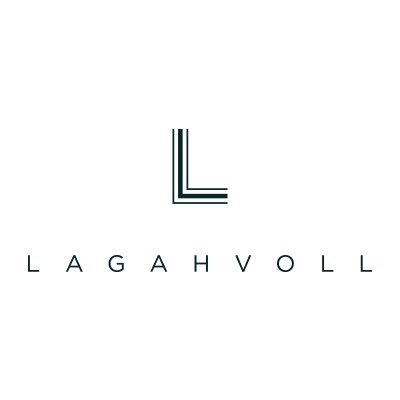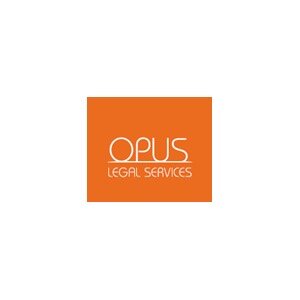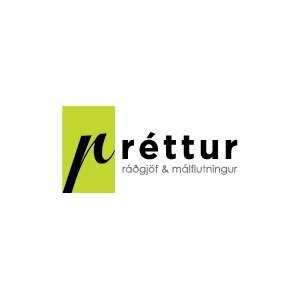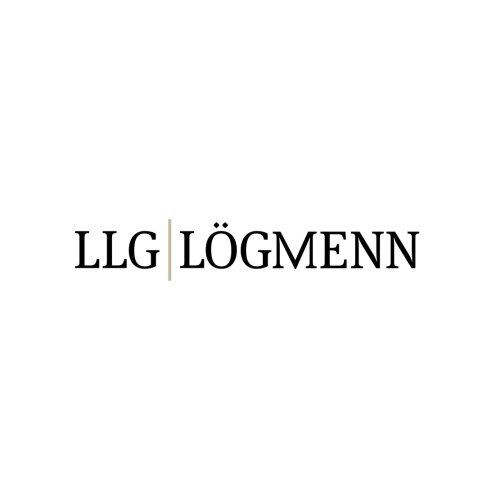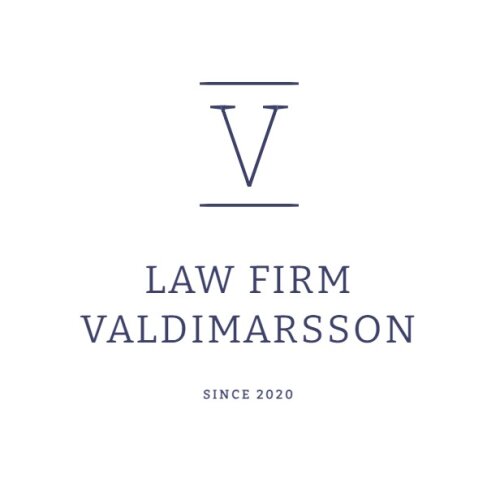Best Energy Regulatory Law Lawyers in Iceland
Share your needs with us, get contacted by law firms.
Free. Takes 2 min.
Or refine your search by selecting a city:
List of the best lawyers in Iceland
About Energy Regulatory Law in Iceland
Energy regulatory law in Iceland governs the generation, transmission, distribution, and consumption of energy, with a primary focus on electricity and renewable energy sources. Iceland is unique in that nearly all of its electricity comes from renewable resources, mainly hydropower and geothermal energy. The regulatory framework ensures the secure, reliable, and environmentally sustainable use of these national resources. The law covers licensing, market competition, environmental protection, tariffs, consumer rights, and the responsibilities of energy providers and users. Oversight is provided by governmental authorities to ensure compliance and fair practices within the Icelandic energy sector.
Why You May Need a Lawyer
Individuals and businesses may need legal advice or representation in a variety of situations related to energy regulatory law in Iceland. Common scenarios include:
- Obtaining licenses or permits for energy production or distribution
- Navigating compliance with environmental and safety regulations
- Resolving disputes with energy providers or regulators
- Entering into energy supply agreements or power purchase contracts
- Challenging or negotiating tariffs and pricing structures
- Ensuring proper connection to the national grid
- Understanding the legal implications of developing energy projects
- Dealing with land use issues related to energy infrastructure
- Participating in public tenders for energy resources
- Assessing legal risks related to foreign investment or joint ventures in the energy market
A lawyer with expertise in energy regulatory law can help you navigate these complex regulatory requirements, avoid costly mistakes, and protect your interests.
Local Laws Overview
The legal framework for energy regulation in Iceland is primarily established through the Electricity Act and associated regulations. Key aspects include:
- The National Energy Authority (Orkustofnun) oversees regulation, licensing, and monitoring of the energy sector
- Renewable energy resources such as hydropower and geothermal are subject to strict environmental and sustainability requirements
- Independent network operators manage the transmission and distribution networks to maintain open access and non-discriminatory practices
- Electricity market liberalization encourages competition, allowing multiple suppliers to operate on the market
- Tariff structures for energy supply must be approved by regulatory authorities and set in accordance with transparent criteria
- Consumers have specific rights regarding access, pricing information, and complaint resolution
- Environmental impact assessments are mandatory for major new energy projects
- There are rules about cross-border electricity trading, relevant for international energy investments
- Construction and siting of energy infrastructure require permits from local authorities and must comply with national land use policies
- Stakeholder and public consultations are often required for large energy developments
Frequently Asked Questions
What authority regulates the energy sector in Iceland?
The National Energy Authority (Orkustofnun) is the main regulatory body overseeing the energy sector, handling licensing, monitoring, and enforcement of legal requirements.
Do I need a license to produce or sell electricity in Iceland?
Yes, companies or individuals intending to produce or sell energy, particularly on a commercial basis, must obtain a license from the National Energy Authority.
Are all energy sources in Iceland renewable?
Although nearly all electricity in Iceland is generated from hydropower and geothermal sources, there are limited uses of non-renewable energy for transportation and certain industrial processes.
How are energy prices set in Iceland?
Energy prices, especially for residential and small commercial customers, are regulated by law and must be approved by authorities to ensure fairness and market stability.
Can foreign companies invest in Iceland’s energy sector?
Yes, but such investments are subject to Icelandic law, including restrictions intended to protect national resources and public interests. Legal advice is recommended for foreign investors.
What consumer rights exist for electricity users in Iceland?
Consumers have rights regarding fair pricing, access to information, nondiscriminatory access to the network, complaint mechanisms, and, in some cases, the right to choose their supplier.
Are there environmental requirements for new energy projects?
Yes, all major new energy projects require an environmental impact assessment and must comply with sustainability and environmental protection regulations.
How can disputes with energy providers be resolved?
Disputes can often be resolved through regulatory complaints procedures or through the courts. In some cases, mediation or arbitration may be available.
What are the rules for connecting to the power grid?
Access to the grid must be non-discriminatory and approval is generally required from network operators. Technical and legal requirements must be met for connection.
What is the process to start a renewable energy project?
The process includes site selection, permit applications, environmental assessments, obtaining licenses, and compliance with all relevant regulatory requirements. Legal guidance can help streamline each step.
Additional Resources
Those seeking further information or legal guidance may find the following resources helpful:
- National Energy Authority (Orkustofnun) - regulatory authority for energy in Iceland
- Ministry of Environment, Energy and Climate - responsible for policy and legislative development
- Consumer Agency (Neytendastofa) - protects consumer rights in the energy sector
- Environmental Agency of Iceland (Umhverfisstofnun) - oversees environmental impact assessments and compliance
- Icelandic Bar Association - provides directories of qualified legal professionals
- Municipal and regional offices - handle local land use and permitting issues
Next Steps
If you believe you require legal advice regarding an energy-related issue in Iceland, take the following steps:
- Gather all relevant documents and information related to your case or project
- Identify the specific issue or question you need help with (such as licensing, dispute resolution, or investment considerations)
- Contact a qualified lawyer specializing in energy regulatory law or reach out to the Icelandic Bar Association for assistance finding one
- Schedule a consultation to discuss your situation, potential risks, and the legal process involved
- Follow your lawyer's guidance regarding regulatory filings, permit applications, or negotiations with authorities and third-parties
- Keep thorough records of all communications and official decisions related to your energy matters
Taking early action and seeking professional legal advice can help you avoid future problems, ensure compliance, and secure your interests in Iceland's dynamic energy sector.
Lawzana helps you find the best lawyers and law firms in Iceland through a curated and pre-screened list of qualified legal professionals. Our platform offers rankings and detailed profiles of attorneys and law firms, allowing you to compare based on practice areas, including Energy Regulatory Law, experience, and client feedback.
Each profile includes a description of the firm's areas of practice, client reviews, team members and partners, year of establishment, spoken languages, office locations, contact information, social media presence, and any published articles or resources. Most firms on our platform speak English and are experienced in both local and international legal matters.
Get a quote from top-rated law firms in Iceland — quickly, securely, and without unnecessary hassle.
Disclaimer:
The information provided on this page is for general informational purposes only and does not constitute legal advice. While we strive to ensure the accuracy and relevance of the content, legal information may change over time, and interpretations of the law can vary. You should always consult with a qualified legal professional for advice specific to your situation.
We disclaim all liability for actions taken or not taken based on the content of this page. If you believe any information is incorrect or outdated, please contact us, and we will review and update it where appropriate.
Browse energy regulatory law law firms by city in Iceland
Refine your search by selecting a city.



